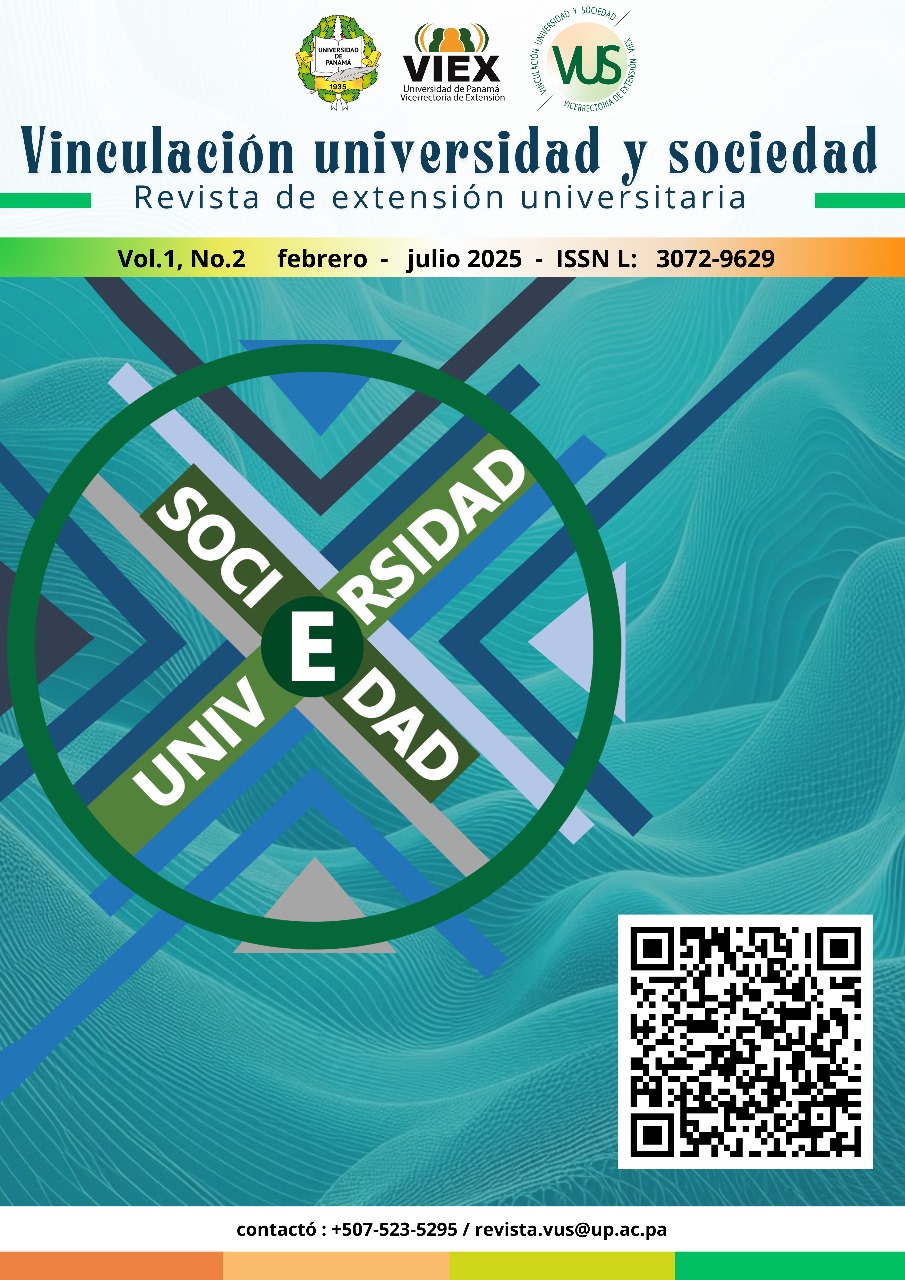

Copyright (c) 2025 Vinculación universidad y sociedad

This work is licensed under a Creative Commons Attribution-NonCommercial-ShareAlike 4.0 International License.
Onion (Allium cepa L.) is one of the strategic crops grown in Tierras Altas, Chiriquí, Panama. Although actions have been implemented in terms of research, development and innovation (R&D&I), in response to the needs expressed at the time by farmers, it is necessary to know firsthand the updated agrotechnological demand. The aim of this study was to carry out a participatory rural appraisal (PRA), with actors linked to the onion sector in Tierras Altas. The study site corresponded to Bambito, Tierras Altas, Chiriquí. A total of 80 people participated, including farmers, technicians, researchers, agricultural input sellers, among others. An induction was given to the participants, explaining the reason for carrying out the PRA and a time space was opened for them to express the most urgent needs in terms of R&D&I. According to the results, in consensus the participants mentioned the following as limitations that persist in onion crop in Tierras Altas: i) Pathogens such as Stemphylium pleospora herbarum and Pyrenochaeta terrestris; ii) Thrips tabaci as the main insect pest; iii) Management of water resources in the face of climate change; iv) Agronomic management recommended for commercial cultivars and altitudinal floor; v) Effective weed control using selective herbicides; vi) Improvement of post-harvest management; vii) Recommended cultivars by planting time and photoperiod. In conclusion, the PRA made it possible to identify at least seven relevant aspects to consider in future R&D&I proposals for onion crop in the Highlands.